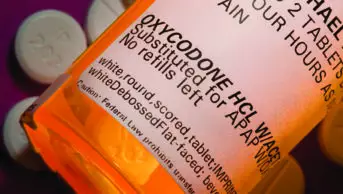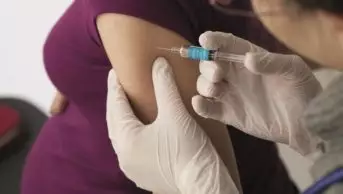Whether a proposed European Medicines Agency (EMA) disclaimer adequately solves the conflict between EU pharmacovigilance obligations and potential liability issues around adverse drug reactions is one of the questions posed by the EMA in a public consultation launched on 14 April 2015.
The proposals seek to improve the prevention, reporting and evaluation of medication errors and fulfil a promise made by the EMA in 2013 to help industry and regulators implement pharmacovigilance legislation introduced in 2012, including the mandatory reporting of all suspected adverse reactions resulting from medication errors.
The consultation involves three documents: the first of two core documents covers risk management and describes the main sources of medication errors and how the risk of such errors can be minimised throughout a product’s life-cycle. The second considers how reporting and learning from medication errors can be improved.
It is in the context of these core proposals that the EMA is asking stakeholders to comment on the usefulness of the proposed disclaimer (see ‘The EMA’s proposed disclaimer for adverse drug reaction reports’)
that seeks to protect marketing authorisation holders when they submit adverse drug reaction and medication error reports.
The third document seeks to address the risks associated with the introduction of high-strength insulins – ie at concentrations higher than the EU-wide standard 100 units/ml concentration — and combinations of insulin with a non-insulin blood glucose-lowering agent.
The deadline for all three consultations is 14 June 2015.
The EMA’s proposed disclaimer for adverse drug reaction reports
“This suspected adverse reaction report is submitted and classified as a medication error solely and exclusively to ensure the marketing authorisation holder’s compliance with the requirements set out in Directive 2001/83/EC and Module VI of the Good Pharmacovigilance Practices. The classification as a medical error is in no way intended, nor should it be interpreted or construed as an allegation or claim made by the marketing authorisation holder that any third party has contributed to or is to be held liable for the occurrence of this medication error.”


